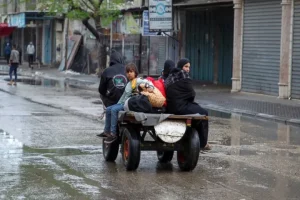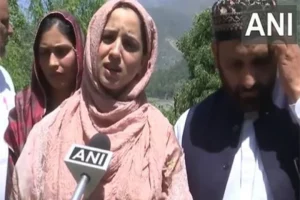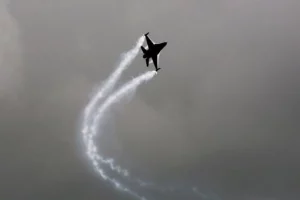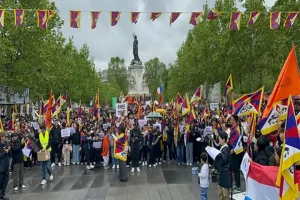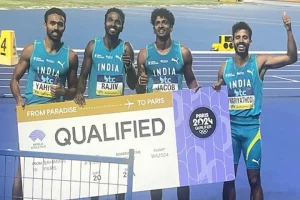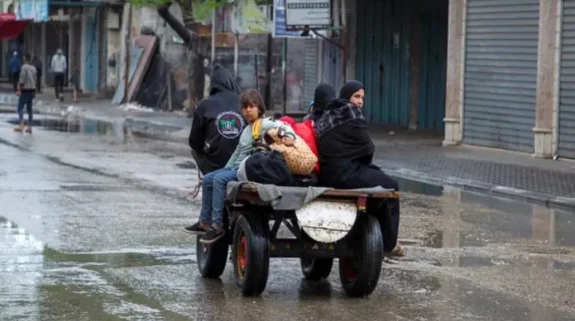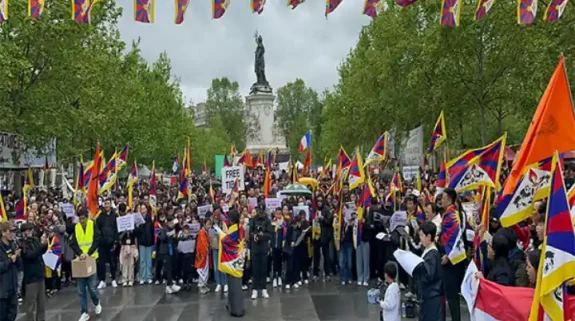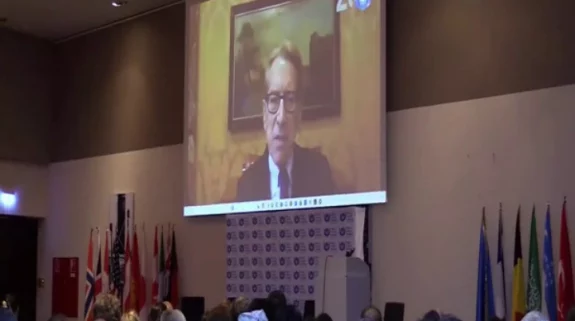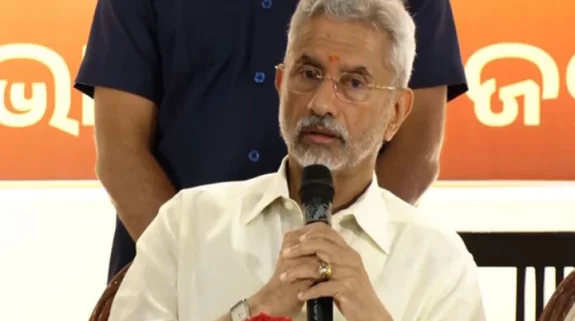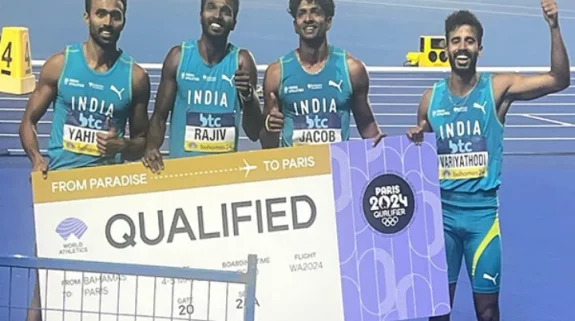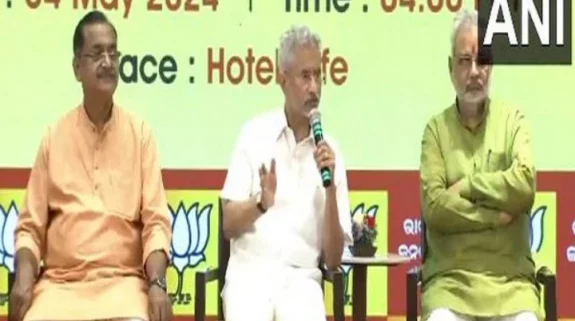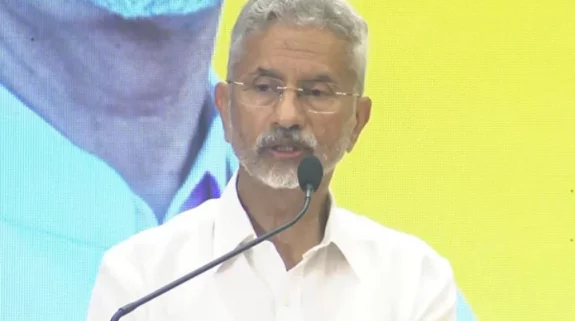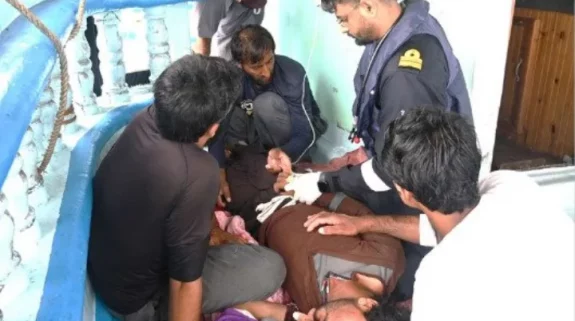The underground tunnel discovered by the Border Security Force (BSF) on the international border in J&K's Samba district clearly points out to the direct role of the Pakistani Army in sending terrorists to India.
The discovery of the tunnel proves that the the four heavily-armed terrorists killed in an encounter near the Nagrota Toll Plaza on the Jammu-Srinagar highway had infiltrated using this newly built tunnel. The tunnel, which was found to be eight meters deep was professionally created, and had an entry near the posts of the Pakistani border forces.
The four terrorists who belonged to the Jaish-e-Mohammed (JeM) terror group were headed to Kashmir in an apple truck when they were intercepted at a toll plaza. They opened fire on the security forces and fled into a forest where all four were killed in the encounter. It is believed that the four had come to India to disrupt the local elections in J&K.
A huge cache of arms including 11 AK assault rifles, three pistols, 29 grenades and six grenades were recovered from the slain terrorists.
The Indian government lodged a strong protest with the Pakistani High Commissioner and asked the country to fulfil its international obligations and bilateral commitments to not allow its territory to be used for terrorism against India in any manner. Even Prime Minister Narendra Modi spoke about the Nagrota encounter and said that Indian forces are resolute in uprooting terror and defending the integrity of the country.
The discovery of the tunnel and the fact that the killed terrorists belonged to the internationally proscribed terror group JeM will go against Pakistan's defence in the round of hearing by the Financial Action Task Force (FATF). Currently Pakistan is on the Grey List of the FATF for supporting and financing terrorism.
It was in mid-October that FATF had put Pakistan on the Grey List and the country's Prime Minister Imran Khan had admitted that meeting the FATF conditions was indeed tough. FATF had said that of the 40 recommendations related to anti-money laundering and combating terror financing, the country had complied with only two. Turkey had tried to get Pakistan off the hook but with clinching evidence provided by India and Afghanistan, Pakistan could not escape the tough financial sanctions imposed by FATF.
With Pakistan continually supporting terrorism in Afghanistan, and now with the Nagrota encounter, it is unlikely that Pakistan will get off the list Grey List. Chances are that it just might pushed into the Black List at the next FATF hearing. Pakistan has established a strong network between many of the terror groups in Afghanistan which includes the Taliban, Al-Qaeda, JeM, Lashkar-e-Taiba (LeT), the Haqqani Network and others with a view to destabilizing the Ashraf Ghani government.
In the Nagrota encounter, the security forces had recovered a huge cache of arms, ammunition and explosive materials which were meant for destabilizing the local District Development Council elections. Now, the discovery of the 160-metre tunnel only cements India's allegations against Pakistan that it has been actively supporting terrorism and funneling arms into India.
https://indianarrative.com/world/pakistans-efforts-to-exit-fatf-grey-list-reach-dead-end-18741.html.







